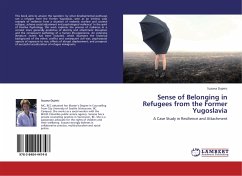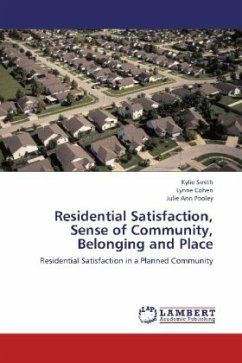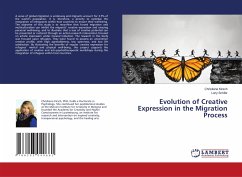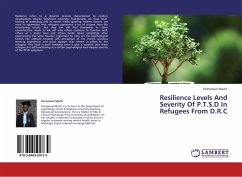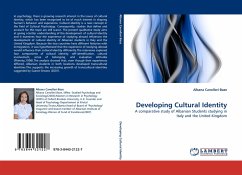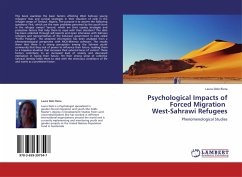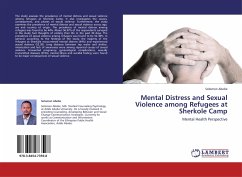This book aims to answer the question: by what developmental pathways can a refugee from the Former Yugoslavia, seen as an intrinsic case example of resilience from a situation of endemic warfare and societal collapse, achieve social adjustment and psychological resiliency? In the spirit of Positive Psychology, this work explores the process of resilience in a context more generally predictive of identity and attachment disruption and the consequent pathology of a human life-experience. An extensive literature review has been included, which illustrates the historical background of the ethnic conflict and consequent civil war, psychosocial aspects of exposure to war, effects of abrupt displacement, and prospects of successful acculturation of refugee immigrants.

